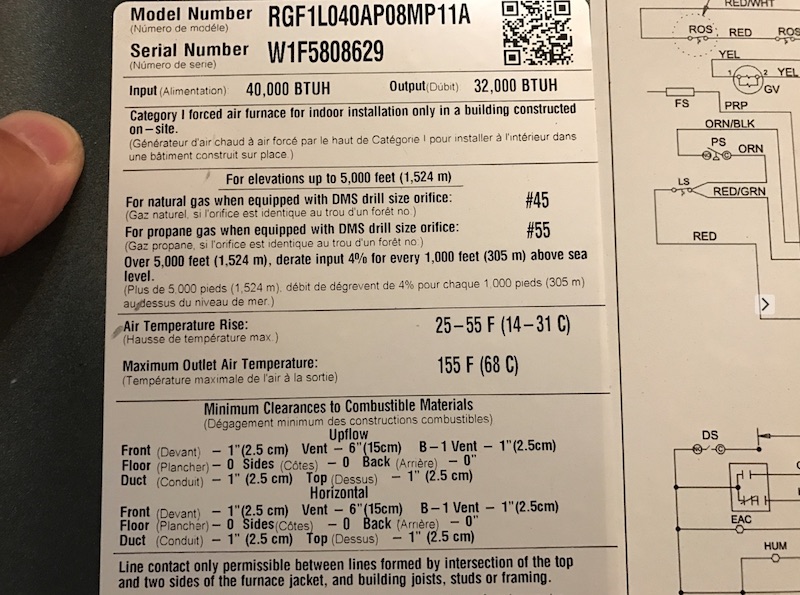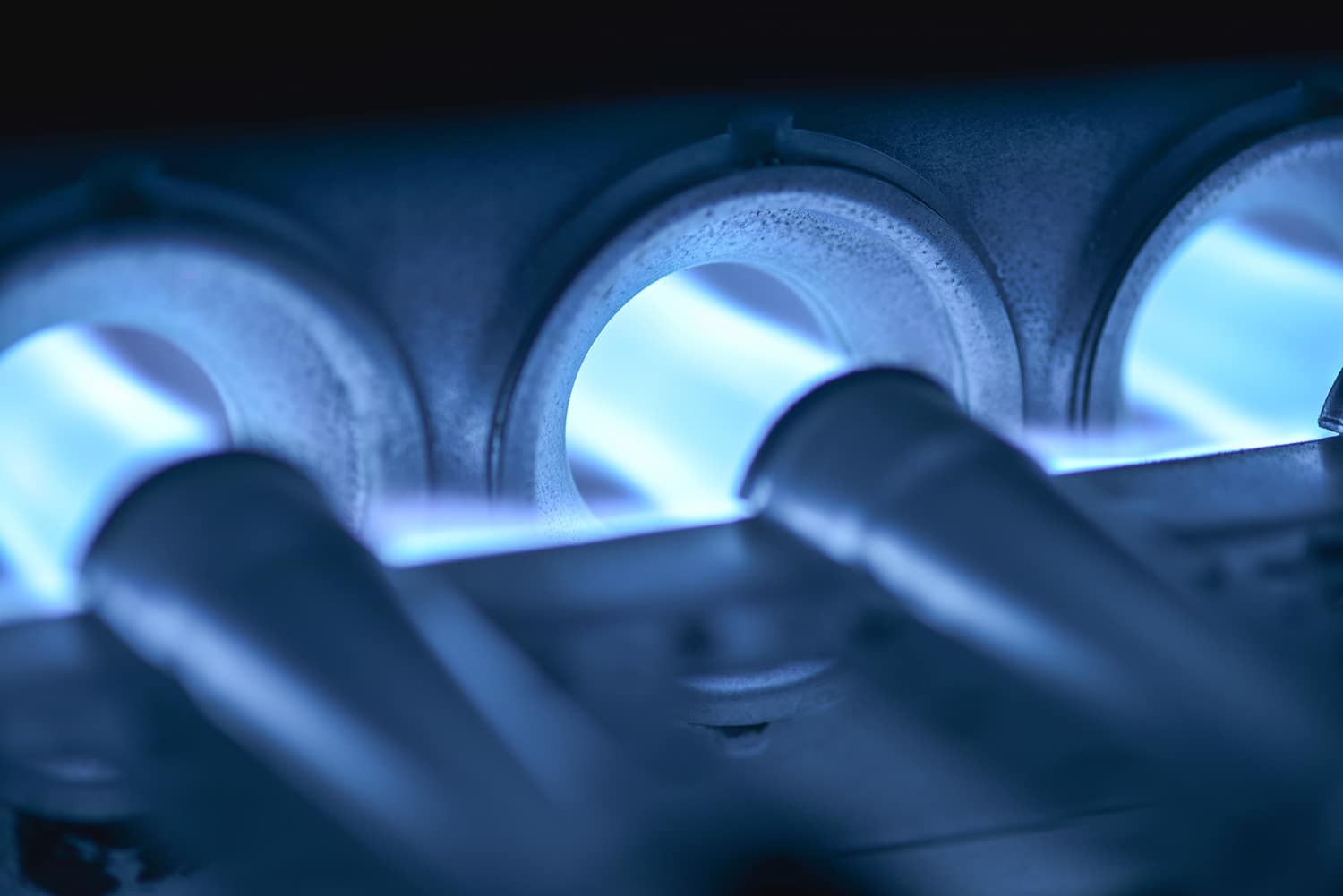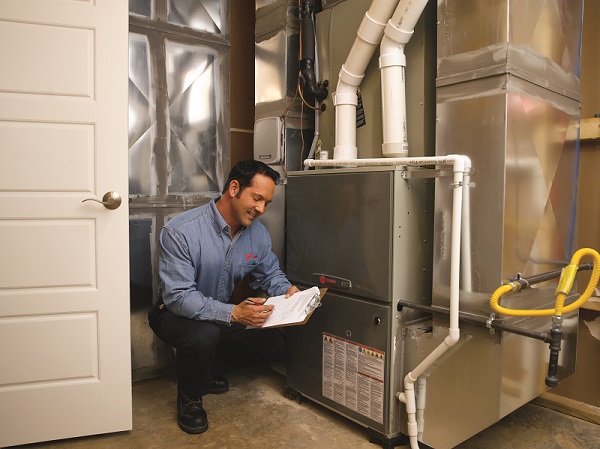Are you shopping for a new furnace or air conditioner has likely come across the term “BTU.” But what does BTU mean?
BTU stands for British Thermal Unit.
“But wait,” you say. “I don’t live in England. Why does my furnace run on BTUs?”
Let’s dive in and learn.
What is a BTU?
A British Thermal Unit, or BTU, is a way of measuring the energy output of a piece of equipment or device. One BTU equals the amount of energy required to raise a pound of water by one degree Fahrenheit.
Sounds a little obscure right? Who would ever think of measuring anything like this?
That person is James Prescott Joule, an English mathematician and physicist who was instrumental in developing the Kelvin scale. He also the father of the “joule,” which is a form of measurement used within the BTU calculation.
“All right, you’re starting to lose me. What does this all matter anyway?”
The measuring of BTUs, joules, and other forms of thermal energy was important for revolutionizing England with steam-powered technology back in the mid-1800s. The use of steam power required a precise calculation to prevent pressure within the system from exploding.
Enter the BTU.
Measuring the rate at which water is heated in a steam powered, combustible engine is a crucial process for all steam-powered boat and locomotives.

What Does BTU mean for your A/C?
Since your furnace and A/C both deal with heating and cooling gases and liquids that then alter the air temperature in your home, this form of measurement was adapted for HVAC.
Specifically, a BTU refers to the heat production of your unit. The higher the BTU, the more heat the furnace or heat pump can produce.
BTUs on an air conditioner refer to the amount of energy required to remove heat from the air.
The larger your home, the more BTUS will be required to perform the desired service, whether it’s heating or cooling. This is why larger spaces require units with more BTUs and higher tonnage.
How Many BTUS Do You Need?
How many BTUs your furnace or A/C need will largely depend on the following factors:
- Size of the space
- Height of your ceilings
- Quality of insulation
- Size of your windows
- Climate where you live
When installing a new furnace or air conditioner in your home, it is important to make sure it’s sized correctly. Under-sized units might save you a few bucks up front, but will cost you more in energy bills later on.
This is because a smaller unit than the space requires is not strong enough to heat or cool the space efficiently. This results in your unit running longer to achieve the same results as a larger unit.
When your furnace or air conditioner runs longer, it uses up more energy and wears down your unit faster, ensuring that you replace the unit years earlier than it’s needed.
Need Help with HVAC Installation?
If you’re looking to have a furnace installed, be sure to work with a reputable HVAC company like Precision Temperature. We’ve been in business, serving San Diegans, since 1987.
At Precision Temperature, we place honesty and integrity above all else. We won’t try to sell you a unit that’s under-sized in hopes of visiting you again and again for the inevitable repairs of a unit that works too hard.
Our goal is to meet your needs, within your budget, and provide you the most efficient equipment installed by the best technicians in the industry.
Give us a call today at 619-588-5321.




